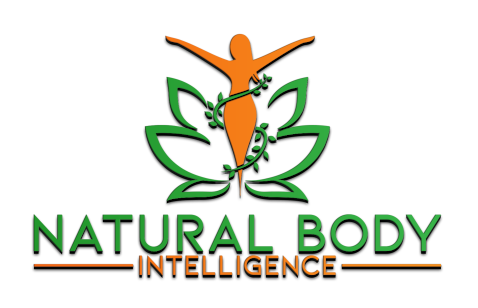Yeast can have both positive and negative impacts on the human body, depending on various factors such as the type of yeast, the quantity consumed, and individual tolerance. Here are some key points regarding the impact of yeast on the human body:
Positive Impacts:
- Nutritional Benefits: Some forms of yeast, such as nutritional yeast, are rich in nutrients like B-vitamins (especially B12), protein, and minerals. These can be beneficial when consumed in moderation as part of a balanced diet, especially for vegetarians and vegans.
- Fermentation: Yeast is essential in the fermentation process, which is used to produce various foods and beverages, including bread, beer, wine, and yogurt. Fermentation can enhance the flavor, texture, and shelf life of these products.
Negative Impacts:
- Candida Overgrowth: An overgrowth of the Candida yeast in the body can lead to candidiasis, a condition associated with symptoms like digestive problems, fatigue, and yeast infections. However, it’s important to note that candidiasis is relatively rare and usually occurs in individuals with weakened immune systems or specific risk factors.
- Food Intolerances: Some people may be sensitive or allergic to yeast, leading to symptoms like skin rashes, itching, digestive discomfort, or respiratory issues when consuming yeast-containing foods.
- Yeast Infections: Yeast infections can occur externally (e.g., oral thrush or vaginal yeast infections) or internally (e.g., in the gut). These infections are typically caused by an overgrowth of yeast species like Candida and can lead to discomfort and health issues.
- Dietary Considerations: Yeast is a common ingredient in many processed foods, including bread, pastries, and some snack items. Excessive consumption of these foods, especially if they contain additives like high-fructose corn syrup or preservatives, can contribute to issues like obesity, diabetes, and heart disease.
It’s worth noting that the impact of yeast on an individual’s health can vary widely. For most people, moderate consumption of yeast-containing foods is not a cause for concern and can be part of a healthy diet. However, those with specific allergies, sensitivities, or underlying health conditions should exercise caution and consult a healthcare professional if they experience adverse reactions. Additionally, the type and quality of yeast used in food production can influence its impact on health, so choosing minimally processed and naturally fermented foods when possible can be beneficial.

